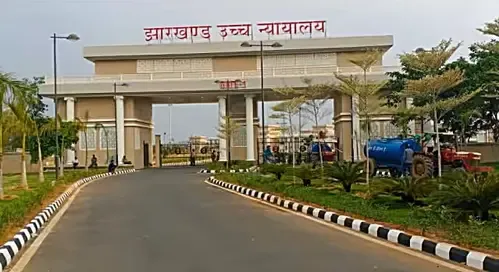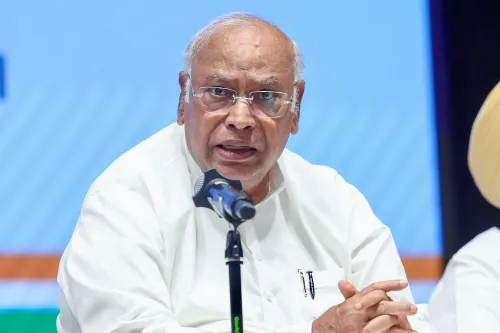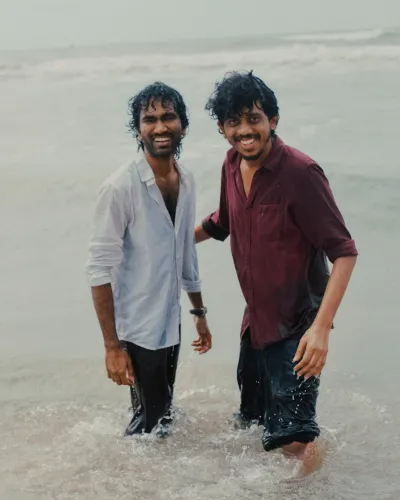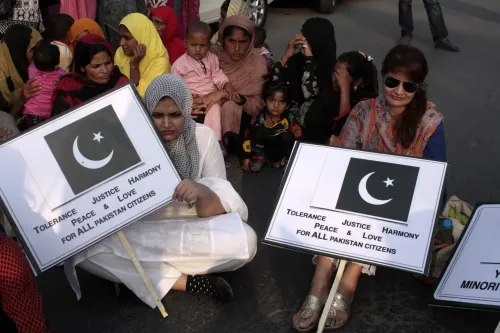What Did the Jharkhand HC Order Regarding High School Teacher Appointments?

Synopsis
Key Takeaways
- Jharkhand High Court orders one-member commission.
- Commission headed by retired Justice Dr S.N. Pathak.
- Investigation into alleged irregularities in teacher appointments.
- Report to be submitted within three months.
- New measures for transparency in recruitment processes.
Ranchi, Sep 1 (NationPress) The Jharkhand High Court has mandated the formation of a one-member fact-finding commission, led by retired Justice Dr S.N. Pathak, to investigate reported discrepancies in the merit list regarding the recruitment of high school educators in the state.
A single-judge panel, presided over by Justice Deepak Roshan, issued a comprehensive 75-page directive while addressing petitions that questioned the recruitment procedure. The commission has been instructed to finalize its inquiry and present its findings within a span of three months.
In defining the investigation's parameters, the court emphasized the need to analyze various factors, including the number of candidates appointed by the Jharkhand Staff Selection Commission (JSSC), the count of sanctioned positions that were later surrendered, and the reasons for any such actions.
The court articulated that these matters necessitate an objective review, hence the establishment of the fact-finding body.
To enhance transparency and minimize legal disputes, the court also mandated the Jharkhand Public Service Commission (JPSC) and JSSC to set up "fact-finding counters" where candidates can inquire about recruitment-related information without resorting to judicial proceedings.
During the court proceedings, petitioners raised serious concerns regarding the 2016 high school teacher recruitment merit list, alleging that candidates with lower scores were selected while those with higher scores were overlooked.
They also highlighted inconsistencies in the number of positions reported in the state government's affidavits.
Senior advocate Ajit Kumar pointed out that following a Supreme Court ruling concerning Soni Kumari & Others, 425 candidates were supposed to be appointed, but the government claimed only 377 candidates ultimately accepted the positions.
Senior advocates Ajit Kumar, Indrajit Sinha, and Aparajita Bhardwaj represented the petitioners, while Advocate General Rajiv Ranjan, alongside counsels Sanjay Piperwal and Prince Kumar Singh, represented the JSSC.
The commission's conclusions are anticipated to guide future actions regarding the contested appointments and the status of sanctioned positions, with the court underscoring the importance of streamlined access to information for affected candidates during this period.









